Welcome to Our Comprehensive FAQ Section
Navigating the complexities of importing goods from China can be challenging, but we’re here to help. Our Frequently Asked Questions (FAQ) section is designed to provide you with clear, concise, and valuable information to streamline your shipping process. From understanding shipping costs and transit times to deciphering required documentation and consolidation services, we’ve got you covered.
Whether you’re a seasoned importer or new to the logistics world, these FAQs will address your most pressing concerns and provide the insights you need for a smooth and efficient shipping experience. If you have any additional questions, please feel free to contact our expert team for personalized assistance.
Shipping costs can vary greatly depending on the shipping method, weight and volume of the goods, and the destination country.
Reach out to a freight forwarder to get a precise quote.
The shipping time from China to the US depends on the shipping method chosen:
- Air Freight:
- Express Shipping (e.g., DHL, FedEx, UPS): Typically takes 3-5 days.
- Standard Air Freight: Usually takes 5-10 days.
- Sea Freight:
- FCL (Full Container Load): Generally takes 20-30 days depending on the port of origin and destination.
- LCL (Less than Container Load): Similar to FCL, but may take slightly longer, typically 25-35 days due to additional consolidation and deconsolidation processes.
Factors Affecting Delivery Time:
- Port of Entry: Major ports like Los Angeles, Long Beach, and New York may have faster processing times compared to smaller ports.
- Customs Clearance: Delays can occur if documentation is incomplete or if there are issues with the goods being shipped.
- Seasonal Variations: Peak seasons like Chinese New Year or the holiday season may result in longer transit times due to increased shipping volumes.
Reach out to a freight forwarder to get a precise quote.
The cost of shipping from China can vary significantly based on several factors:
- Shipping Method:
- Air Freight: Typically more expensive but faster. Costs can range from $4 to $10 per kilogram depending on the service (standard or express) and the volume of goods.
- Sea Freight:
- FCL (Full Container Load): The cost can vary widely based on the size of the container (20-foot or 40-foot) and the destination. For example, shipping a 40-foot container to the US can range from $3,000 to $7,000.
- LCL (Less than Container Load): Usually charged by volume (cubic meters). Costs can range from $80 to $200 per cubic meter.
- Rail Freight: Less common for US destinations but typically costs somewhere between air freight and sea freight.
- DDP (Delivered Duty Paid): This includes all shipping, customs, and delivery charges up to the buyer’s location. The cost varies but generally includes the price of the goods, shipping costs, insurance, import duty, and taxes. DDP can add an additional 10% to 20% to the overall cost of the shipment, depending on the specific country and product type.
Estimated Cost Breakdown:
| Shipping Method | Description | Estimated Cost |
|---|---|---|
| Air Freight (Express) | 3-5 days | $6 – $10 per kg |
| Air Freight (Standard) | 5-10 days | $4 – $8 per kg |
| Sea Freight (FCL) | 20-30 days | $3,000 – $7,000 per 40-foot container |
| Sea Freight (LCL) | 25-35 days | $80 – $200 per CBM |
| DDP (Delivered Duty Paid) | Varies | +10% to 20% of total cost |
Reach out to a freight forwarder to get a precise quote.
The documents typically required for importing goods from China include:
- Commercial Invoice
- Packing List
- Bill of Lading (for sea freight) or Airway Bill (for air freight)
- Certificate of Origin
- Country/Region-Specific Documents:
- CCPIT Invoice Certification
- Saudi Arabia SABER Certification
- Korea Free Trade Agreement (FTA)
- Australia Free Trade Agreement (FTA)
- ASEAN Certificate of Origin (Form E)
- China-Chile Free Trade Agreement (FTA)
- US FDA Certification
- European Union CE Certification
- ROHS (Restriction of Hazardous Substances) Certification
- REACH (Registration, Evaluation, Authorization, and Restriction of Chemicals) Certification
- Africa ECTN (Electronic Cargo Tracking Note)
- PVOC (Pre-Export Verification of Conformity)
- COC (Certificate of Conformity)
- SONCAP (Standard Organization of Nigeria Conformity Assessment Program)
- Embassy Legalization
- CIQ (China Inspection and Quarantine) Certificate
These documents ensure compliance with international trade regulations and facilitate smooth customs clearance. It is advisable to consult with your freight forwarder or customs broker to confirm the exact documentation required for your specific shipment and destination country.
Most freight forwarders provide tracking services through their websites or tracking platforms. You will need the tracking number provided by your freight forwarder.
Proper packaging is crucial. Use sturdy materials, adequate cushioning, and waterproofing if necessary. Your freight forwarder can offer packing services or guidelines.
Yes, we offer consolidation services. If you are purchasing goods from multiple factories or suppliers in China, you can have these shipments delivered to one of our warehouses or arrange for us to pick up the goods and bring them to our warehouse. Once all the goods have arrived, we will evaluate the weight and volume to select the appropriate container type. We can then consolidate these goods into a single container for shipment.
By combining multiple shipments into one container, you can significantly reduce shipping costs. Please discuss this option with your freight forwarder to ensure the most cost-effective and efficient shipping solution.
The most common shipping methods are air freight, sea freight, and express shipping. The choice depends on factors like budget, urgency, and the nature of the goods.
Customs duties and taxes vary by country and product type. It’s important to check with the customs authorities in your destination country or consult with your freight forwarder.
First, contact your freight forwarder to get an update. If the shipment is lost or significantly delayed, you may need to file a claim. Ensure you have proper insurance coverage for such scenarios.

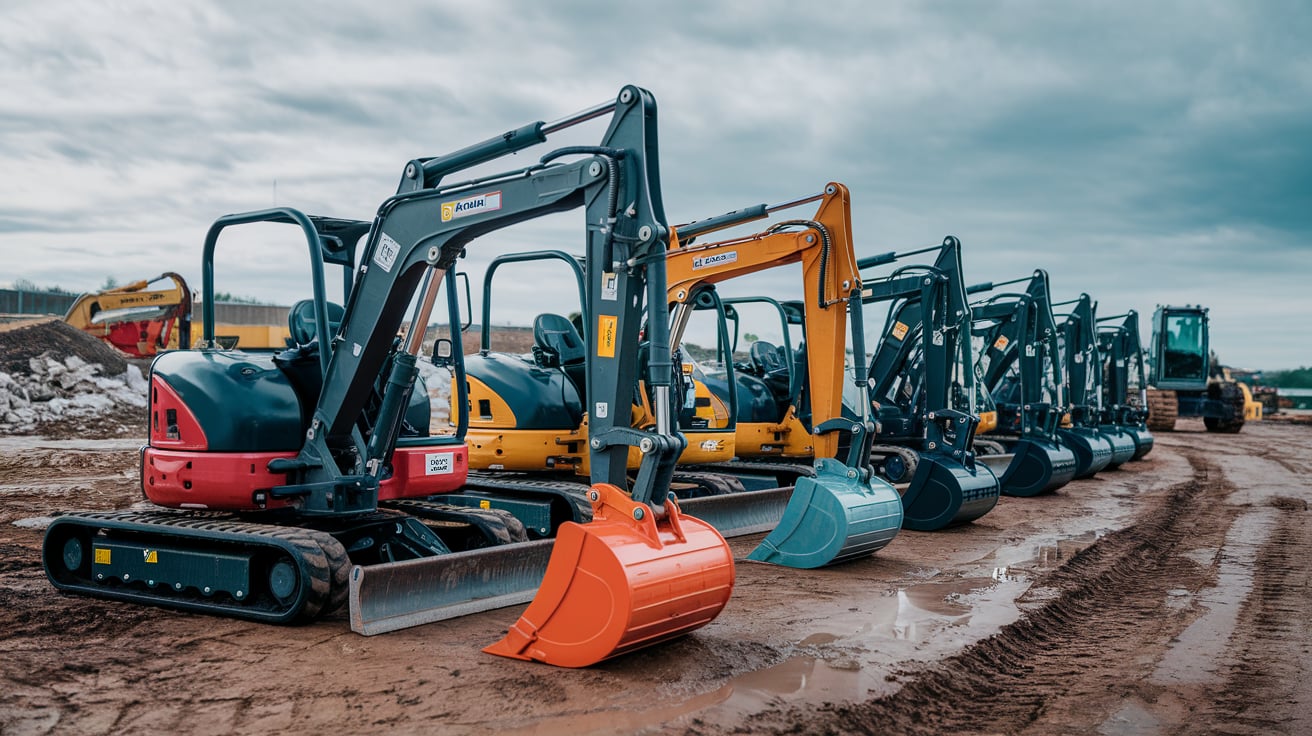
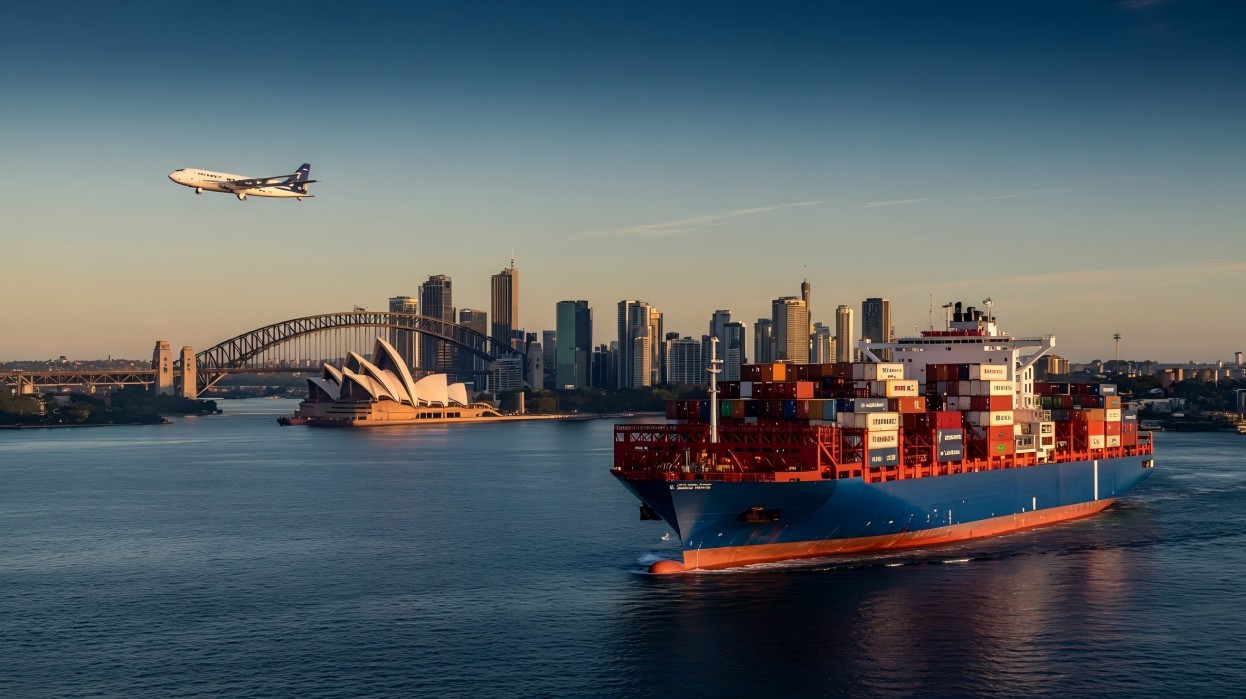
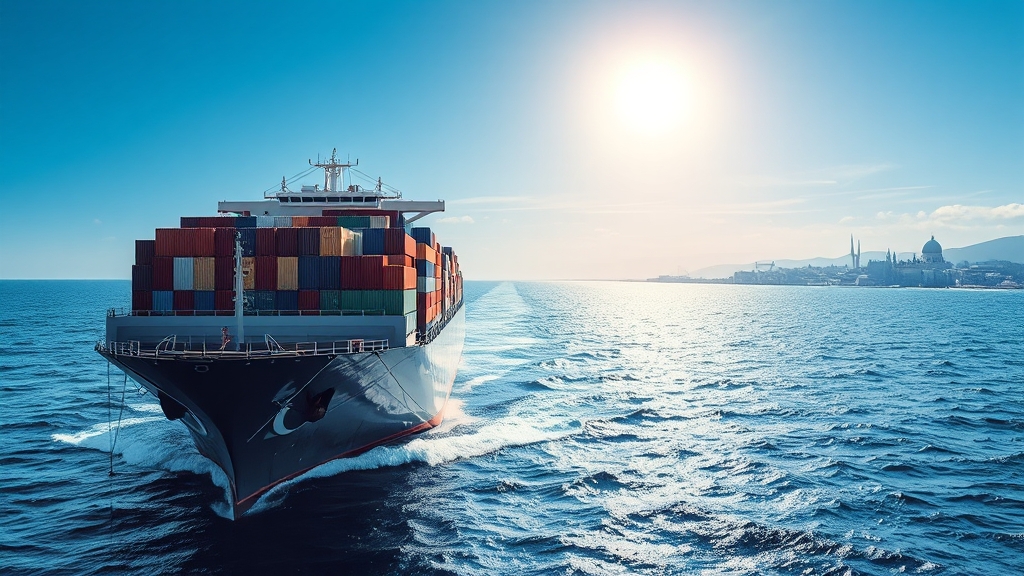
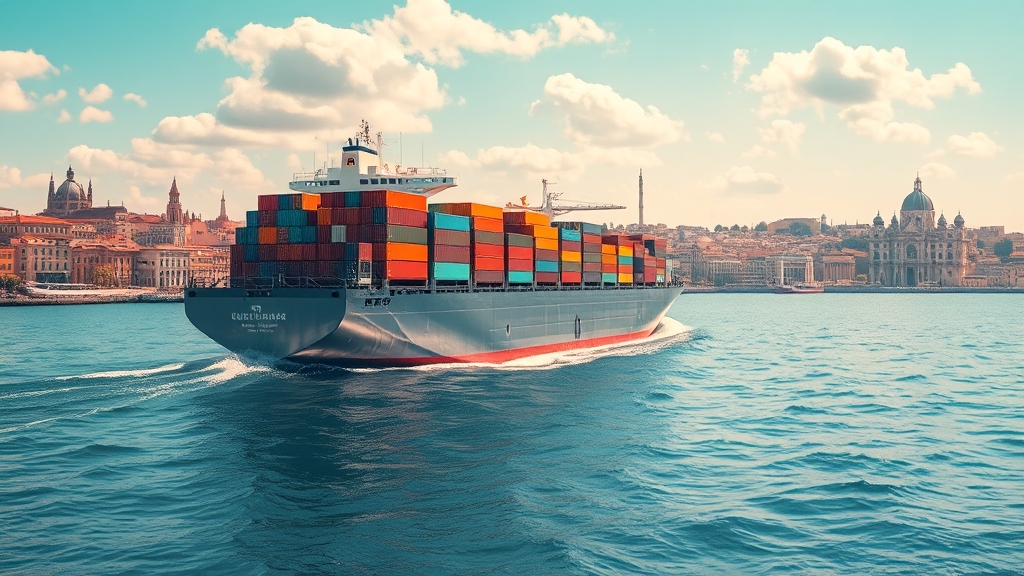
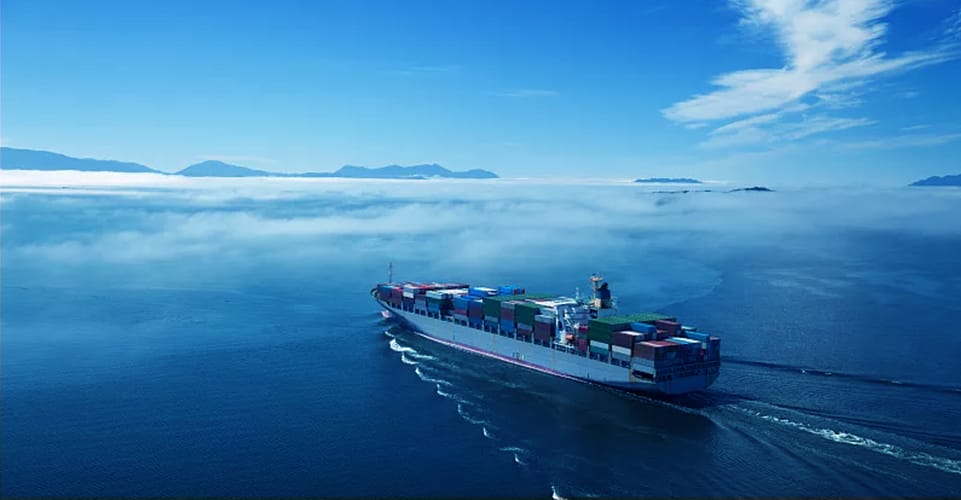





 Afrikaans
Afrikaans Shqip
Shqip አማርኛ
አማርኛ العربية
العربية Հայերեն
Հայերեն Azərbaycan dili
Azərbaycan dili Euskara
Euskara Беларуская мова
Беларуская мова বাংলা
বাংলা Bosanski
Bosanski Български
Български Català
Català Cebuano
Cebuano Chichewa
Chichewa 简体中文
简体中文 繁體中文
繁體中文 Corsu
Corsu Hrvatski
Hrvatski Čeština
Čeština Dansk
Dansk Nederlands
Nederlands English
English Esperanto
Esperanto Eesti
Eesti Filipino
Filipino Suomi
Suomi Français
Français Galego
Galego ქართული
ქართული Deutsch
Deutsch Ελληνικά
Ελληνικά Kreyol ayisyen
Kreyol ayisyen Harshen Hausa
Harshen Hausa Ōlelo Hawaiʻi
Ōlelo Hawaiʻi עִבְרִית
עִבְרִית हिन्दी
हिन्दी Hmong
Hmong Magyar
Magyar Íslenska
Íslenska Igbo
Igbo Bahasa Indonesia
Bahasa Indonesia Gaeilge
Gaeilge Italiano
Italiano 日本語
日本語 Basa Jawa
Basa Jawa ಕನ್ನಡ
ಕನ್ನಡ Қазақ тілі
Қазақ тілі ភាសាខ្មែរ
ភាសាខ្មែរ 한국어
한국어 كوردی
كوردی Кыргызча
Кыргызча ພາສາລາວ
ພາສາລາວ Latin
Latin Latviešu valoda
Latviešu valoda Lietuvių kalba
Lietuvių kalba Lëtzebuergesch
Lëtzebuergesch Македонски јазик
Македонски јазик Malagasy
Malagasy Bahasa Melayu
Bahasa Melayu മലയാളം
മലയാളം Maltese
Maltese Te Reo Māori
Te Reo Māori मराठी
मराठी Монгол
Монгол ဗမာစာ
ဗမာစာ नेपाली
नेपाली Norsk bokmål
Norsk bokmål پښتو
پښتو فارسی
فارسی Polski
Polski Português
Português ਪੰਜਾਬੀ
ਪੰਜਾਬੀ Română
Română Русский
Русский Samoan
Samoan Gàidhlig
Gàidhlig Српски језик
Српски језик Sesotho
Sesotho Shona
Shona سنڌي
سنڌي සිංහල
සිංහල Slovenčina
Slovenčina Slovenščina
Slovenščina Afsoomaali
Afsoomaali Español
Español Basa Sunda
Basa Sunda Kiswahili
Kiswahili Svenska
Svenska Тоҷикӣ
Тоҷикӣ தமிழ்
தமிழ் తెలుగు
తెలుగు ไทย
ไทย Türkçe
Türkçe Українська
Українська اردو
اردو O‘zbekcha
O‘zbekcha Tiếng Việt
Tiếng Việt Cymraeg
Cymraeg יידיש
יידיש Yorùbá
Yorùbá Zulu
Zulu